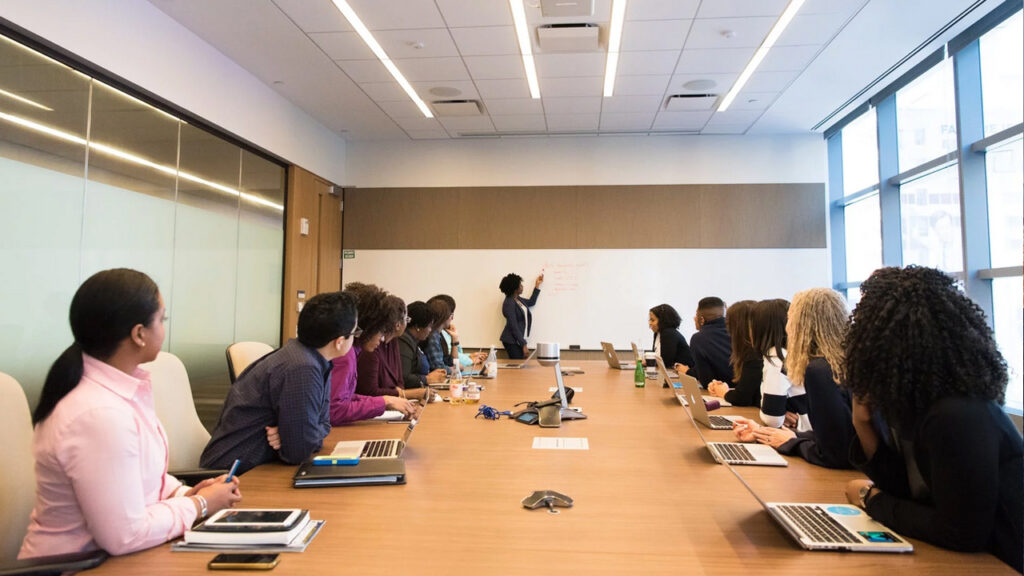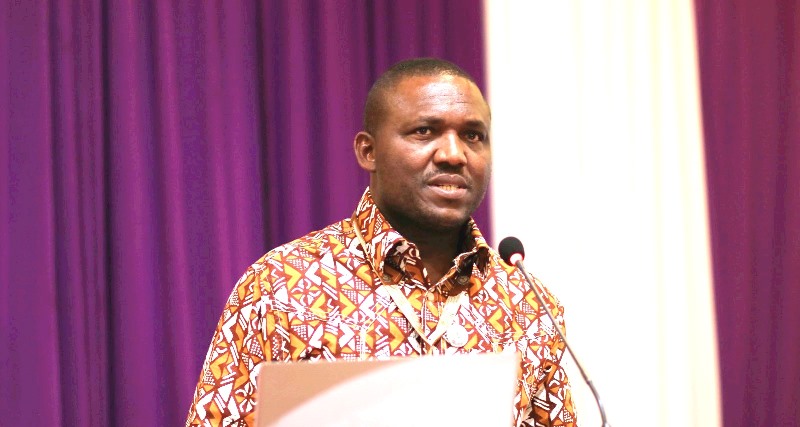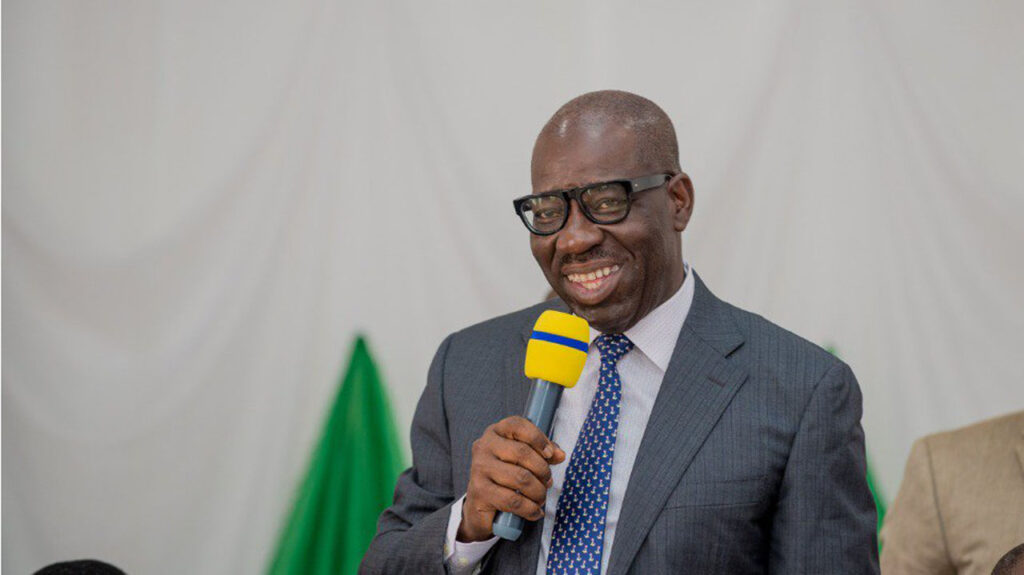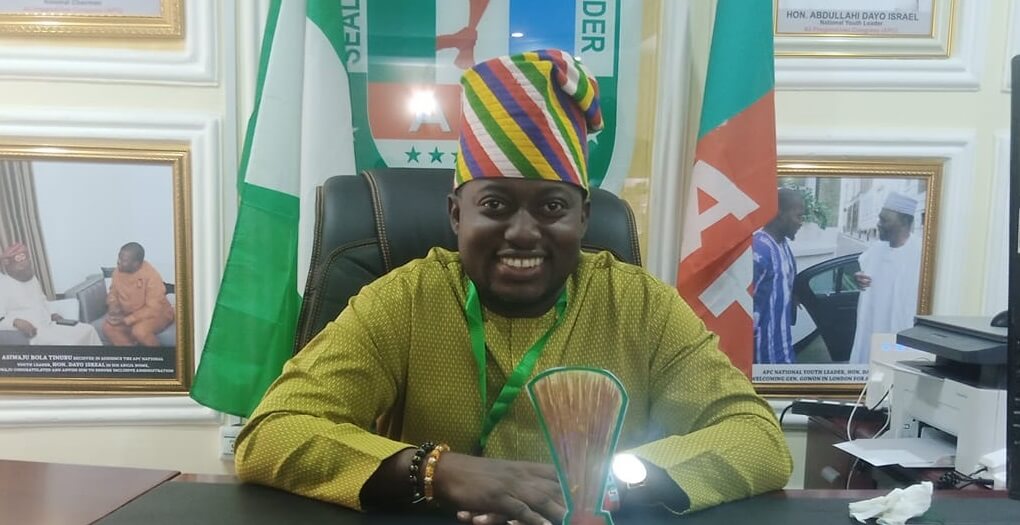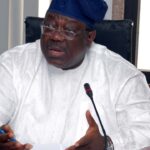
To aspire and change the trajectory of growth, Director-General of the Nigeria Employers’ Consultative Association (NECA), Adewale-Smatt Oyerinde, in an interview with GLORIA NWAFOR, said innovation in the context of foreign exchange generation and cost reduction for sustainability, is a critical issue employers will adopt to maximise opportunities this year.
How would you describe 2023 and what are those issues that you think were the major lessons learned?
2023 was a year of mixed bags of positives and negatives, hoping that we all learn from those negative patterns and maximise those opportunities for us to change the trajectory of our growth in 2024. For businesses, it was a serious time to adjust to a difficult reality, adjusting to a very painful reality, because as forex was going up, the cost of input was going up. In all these, you still have to maintain production capacity, you still have to satisfy your internal stakeholders, which are the workers, and you still have to satisfy the regulatory authorities in the context of paying your taxes and satisfy your creditors, for those that have collected loans from the bank. So, it was a difficult year for many businesses. Those who couldn’t survive it, we have the news of those who left.
For employers, one of the things we have learned is the need for us to be much more innovative now. Innovation will take the centre stage in 2024. Innovation within the context of how do you generate your forex revenue or how do you reduce your exposure to the issues, such as the fluctuation in the forex market? One of those ways is deeply exploring the concept of backward integration. We have many of our members that have started that process now. Some of the raw materials that they are importing, many have started sourcing those raw materials locally. Many have also started looking at: what can we import, and which raw materials can we produce locally. Also, in exporting raw materials, you can generate some forex that you can now use to import your input. So that is one of the key lessons that employers have learned. Another key lesson that employers have learned also is the need to contain cost. As production and labour costs continue to escalate, then it becomes imperative for everybody to look at where we cut costs or where we minimise waste so that the business can continue to be sustainable long term, and then move into the context of competitiveness. Those are critical two lessons that employers have learned and then we are going to maximise the opportunities that will arise from those lessons in 2024.
Nigeria will begin negotiations for the new national minimum wage in April. As a member of the tripartite committee on the matter, what are your thoughts on ensuring the country arrives at a figure that is commensurate with rising cost of living?
You know NECA as an organisation representing the organised private sector, we are committed to the national minimum wage and being a very strong constituent of the International Labour Organisation (ILO), we affirm that a wage commensurate to the realities of the current situation should be negotiated. We affirm our commitment to the negotiation. We think it is timely as the N30,000 minimum wage is no longer realistic because our current economic situation vis-a-vis inflation rates has eroded the purchasing power of an average worker, and the household also is feeling the heat. For employers, arriving at a reasonable minimum wage is a case of enlightening self-interest. A businessman or a manufacturer can only sell as much as the consumer can buy. The more disposable income that the average worker has, the more his capacity and ability to buy, and the more the capacity and the ability of the business to sell as well. So, it is an enlightening self-interest for us to also support a realistic minimum wage. But we cannot also lose sight now within the context of the negotiation that there are other variables beyond inflation rates. You also look at the ability of the business to pay, the economic situation as it is as well as productivity. When the conversation starts, we will approach the conversation with an open mind to negotiate openly to support workers as much as possible and as much as it is practicable, so that we can come up with a minimum wage or a take-home pay that can take workers home.
It must also mention that there has been a conversation about the concept of a living wage. While a living wage is desirable, the reality is globally, even at the ILO, there is no framework for arriving at a living wage for now. The conversation is going on at the ILO and the International Organisation of Employers (IOE). We support the conversation, and we are championing the conversation for a living wage, but there must be a framework. We have Convention 131 on the setting of National Minimum Wage, but we don’t have any framework for a living wage. So that makes it difficult for us to be talking of a living wage, because on what foundation or what parameter are we going to start that conversation? But for the national minimum wage, we have a parameter that is already established that we use for setting the minimum wage for N18,000 the same parameter and structure to arrive at N30 000 minimum wage, and we believe strongly that the same parameter will be used to also help us arrive at the next national minimum wage. Whatever figure that we arrive at will be a figure that would be acceptable to all stakeholders.
The administration has urged Nigerians to be patient, especially, with its ongoing reforms. What is your advice to the government to address the lingering hardship in the country?
If we had removed fuel subsidies 10 years ago, we wouldn’t be where we are currently. If successive governments had addressed the issue of our refineries long ago, we wouldn’t have been where we are currently. But all of us, directly or indirectly, are co-conspirators in getting this nation to its knees where it is currently. One way or the other, we have earlier supported the non-removal of fuel subsidies and many were benefiting. Many unscrupulous Nigerians were reaping the nation through so many schemes and many of us were keeping quiet, we didn’t say anything. We all conspired to get the nation to where we are currently. But for 2024, these are our expectations. Now that the Port Harcourt Refinery and the Dangote Refinery have come onstream. We also heard that one or two refineries and private refineries are coming up. The expectation, notwithstanding the different explanations that people have been giving, is that there should be a slight drop in the price of premium motor spirit. The argument that the crude will be sold at an international price to Port Harcourt Refinery or Dangote Refinery doesn’t hold water. Crude is a natural resource. So, what is the benefit? What is my benefit as a Nigerian for the natural resources that God has deposited in my country?
The argument that there will be a minimal reduction, those arguments don’t hold water. The argument is we are paying a subsidy because we are importing, and now we are producing locally. So, significantly, it should affect the price of crude. We are also hoping in 2024 when there will be more stability in the fiscal and monetary policy space, where the government will have more revenue within the context of forex. As the government addresses the issue of oil theft, our capacity to sell more crude will increase and enhance the flow of forex. As Port Harcourt Refinery and Dangote Refinery continue to produce, our propensity to commit forex to the importation of petrol will also reduce. We will have some level of inflow within the context of forex, which will reduce the pressure in the forex market, which may also, in the long run, affect the value of the naira because, for us, it is more of an interplay of demand and supply. So we expect stability in the fiscal monetary space. Thirdly, we expect the government to take a more cursory look at local manufacturing. If we want to deal with these many issues that we are facing, we cannot escape promoting made-in-Nigerian products. Our local manufacturing, there is no option to it. Local manufacturing must take place. Nigeria must produce what we wear, we must produce what we eat, and we must also export. These are just fundamentals for national development. We can’t continue to import and commit forex to import and expect our economy to grow.
A key parameter for any regulator or any ministry, department, or agency, should be how many businesses that agency promoted. If a business should close shop and because of that hundreds or thousands of Nigerian workers are sent back to the streets, because of the regulatory or legislative environment, those agencies should be held accountable. They should be held accountable for the issues and the challenges that those businesses are facing. So rather than them focusing on generating revenue every other time, their key performance indicator should be how many businesses you promote, or how many businesses came into this country because of your activities and because of your intervention. Those are critical issues that we want the government to address. We also want the government to take a deep look at the issue of the national debt. We can’t continue to borrow; we can’t continue to dig holes for ourselves and we can’t continue to expect that the World Bank or the International Monetary Fund (IMF) will have usual compassion on us for debt trading. We don’t also have the option but to imbibe fiscal discipline, not only in words but in government expenditures and expenses. Fiscal discipline must be seen, because that is the only way they can get the citizens’ consensus, on whatever they want to do. We can’t see the legislators buying cars for N100 million, we can’t see the government renovating houses for N5 billion and you are telling the citizens to be patient. It is contradictory. So those are the issues that I want the government to look at in 2024, among many others.
The federal government is set to disburse N125 billion to businesses; N75 billion to manufacturers and N75 billion to small businesses. What parameters do you think should be used for the effective disbursement of the funds?
We are canvassing three definitive things; one is transparency. Let the parameters for selecting those companies be known. Once you have selected the parameter, then let the process of the selection itself be transparent. Once you have done that and you disburse, the then administration must address the issue of the regulatory and legislative environment. One of the challenges that we faced during the last administration when the Central Bank of Nigeria (CBN) came up with many interventions were three critical challenges of which one was the process of the criteria for selection, which was not transparent.
Also, those that collected the loan were hardly known and thirdly, because the regulatory and legislative environment in which those businesses operate wasn’t hospitable. So it is more like you are setting up someone – you gave me money to do business but the contradiction in the environment like agencies of the same government are creating bottlenecks that make those businesses not to be sustainable. You cannot give someone money and the environment in which he or she is going to operate is not making him or her sustainable. But the point is, it goes beyond the grant. If the environment in which they are going to operate is not conducive, then we have set them up to fail and if we set them up to fail, we have invariably built up a large pool of loans that will not be serviced. It is not rocket science and that is why we are advising that we must look at all those issues.


